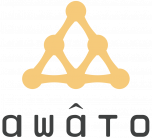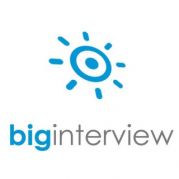On-Campus Employment »
Seeking an on-campus job? Do you know what work-study means? Or what paperwork do you need to start working? See Student Employment.
Handshake - Getting Started
Our online career management system is powered by Handshake, updated daily! Search and view full-time jobs, part-time jobs, and internship opportunities.
| Students » | Alumni » | Employers » |
Students: To activate your Handshake account, use your Naz username (i.e. jstuden1) and your MyNaz password.
Alumni: Select "Alumni," then follow the instructions indicated from Handshake.
Employers: See recruitment, job postings, etc. for employers.
Services »
Career coaching includes help with:
- Resume and cover letter writing
- Applying to graduate school
- Job search strategies
- Interview preparation
- and much more!
Check out opportunities such as:
- SPARK grant
- Internships
- Project-based experiences
- Career courses
- Graduate school
- Making the most of winter break.
Additional resource: Our virtual hub »
Spotlight on:
Student Outcomes
Nazareth University prepares students well for careers and/or continued study through rigorous academic programs, global and cross-cultural experiences, and hands-on career experience. See the latest student results »


